Portugal Faces Intense Heatwave with Temperatures Soaring to 43°C
A new heatwave is set to sweep across Portugal, with temperatures expected to reach a blistering 43 degrees Celsius in most parts of the country, according to the Portuguese Institute of the Sea and Atmosphere (IPMA). The State Meteorological Agency of Spain (Aemet) also warns that the air masses over the Iberian Peninsula will be hotter than usual, with central and southern regions likely exceeding 40°C.
What's Causing This Extreme Heat?
A Depression Isolated at High Levels (DANA) located between Madeira and the Azores is pushing an extremely hot air mass from North Africa towards the Iberian Peninsula. The peak of this heatwave is expected on Monday, with temperatures nearing 40°C across almost the entire peninsula and potentially surpassing 42°C in the Guadiana Valley. A slight cooldown is anticipated by Wednesday, August 6th.
This situation mirrors the record-breaking heatwave a month ago, where temperatures exceeded 46°C in some Alentejo regions, highlighting the increasing frequency of such extreme weather events.
Climate Change and Its Impact
Climatologist Pedro Garrett explains, "Over the past 24 years, the number of heatwaves has significantly increased compared to the previous 60 years. This is a direct consequence of greenhouse gas emissions and global atmospheric warming." He also mentions the "heat dome" effect, a relatively recent phenomenon that traps hot air, exacerbating dry and hot conditions in the Mediterranean and other regions like the United States.
Economic and Health Consequences
The economic impact is staggering. From 1980 to 2000, Portugal spent an average of €70 million annually on climate-related damages. Since 2000, this figure has skyrocketed to €600 million per year, a tenfold increase. The health implications are equally dire, with increased mortality rates among the elderly and those with cardiovascular or respiratory diseases due to extreme heat and energy poverty.
Rising Fire Risks
The prolonged dry spell and soaring temperatures have also elevated fire risks. "The combination of dry soils, high temperatures, and wind creates the perfect conditions for wildfires," warns the IPMA. Most fires in Portugal are human-caused, either through negligence or arson, and the increasing frequency of extreme weather events only amplifies their potential devastation.




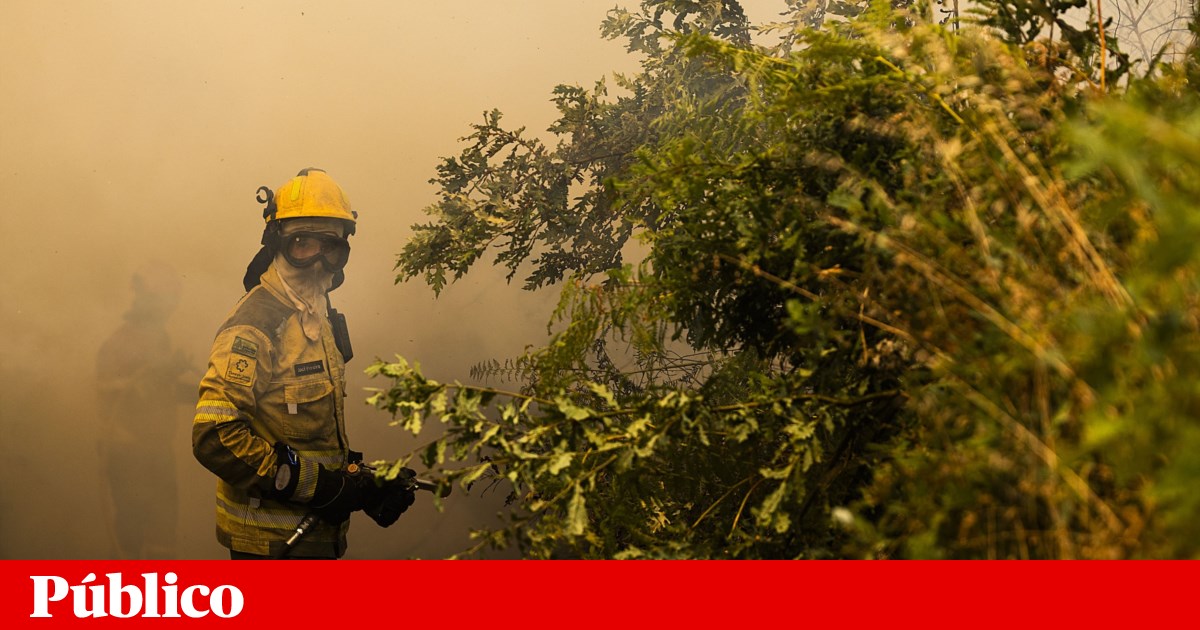










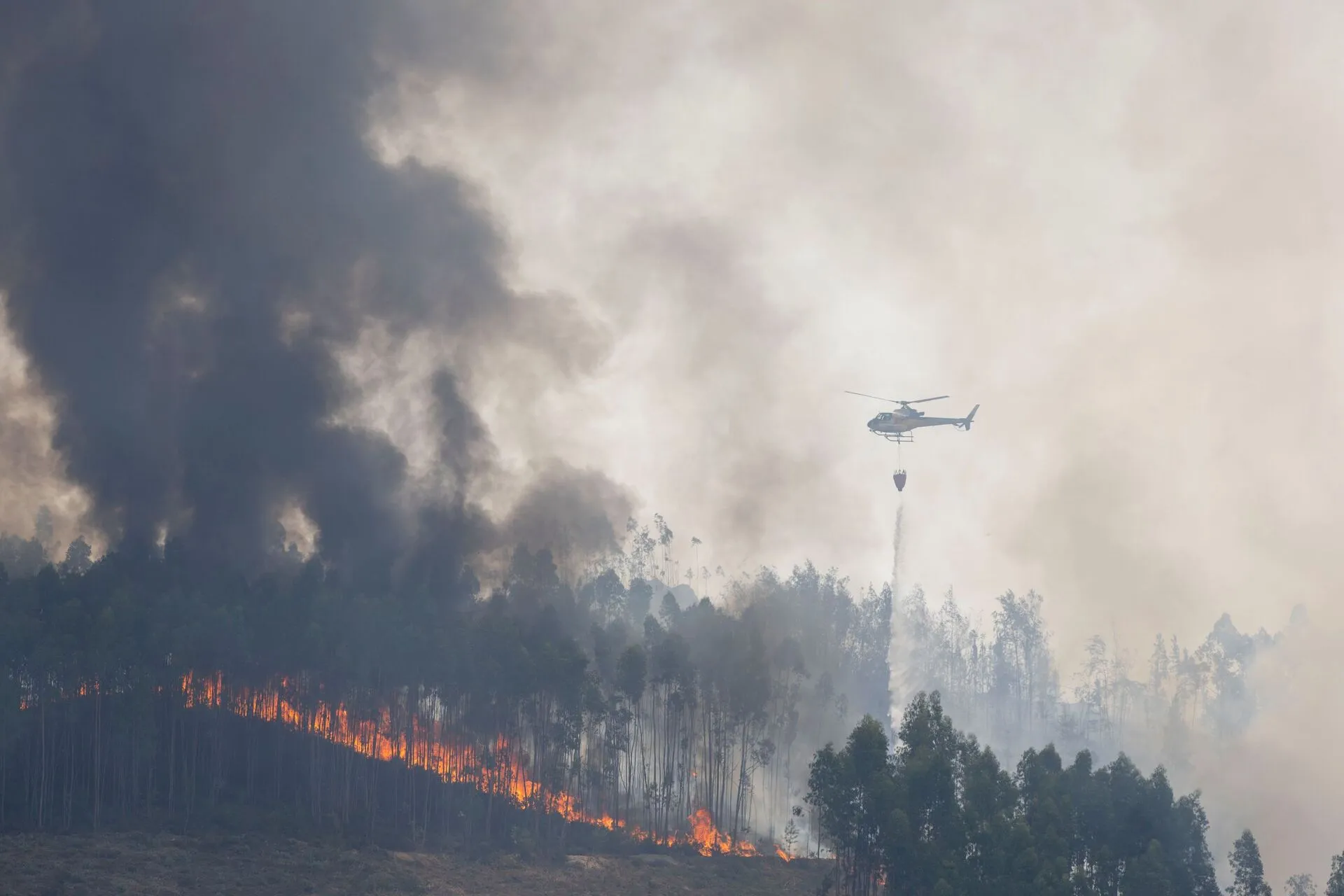


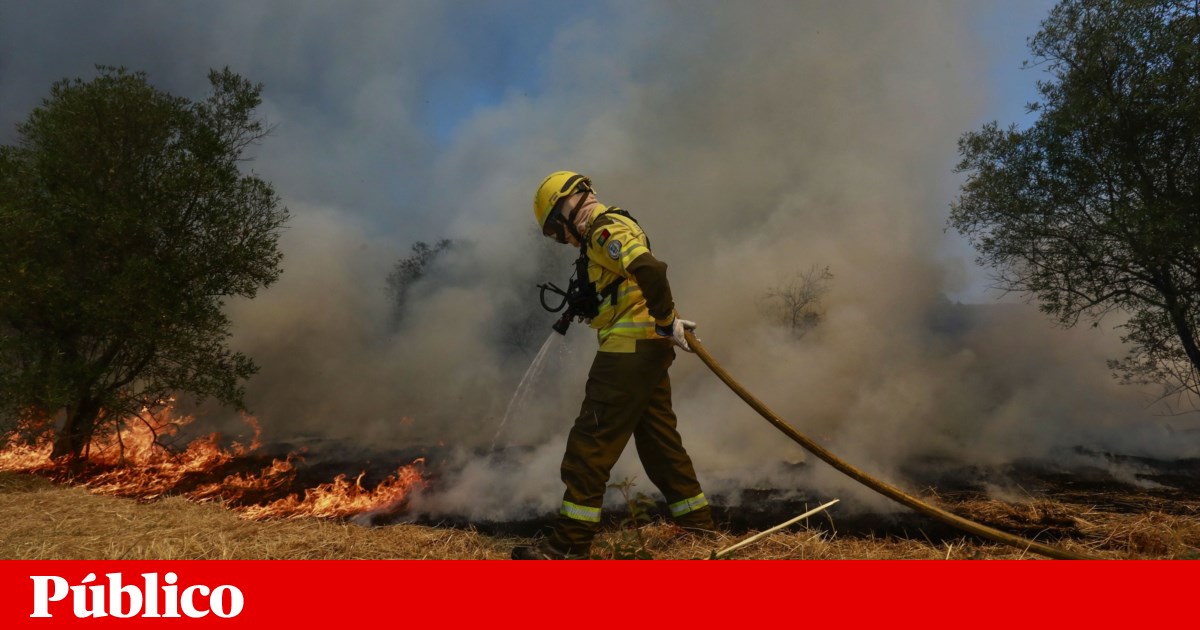


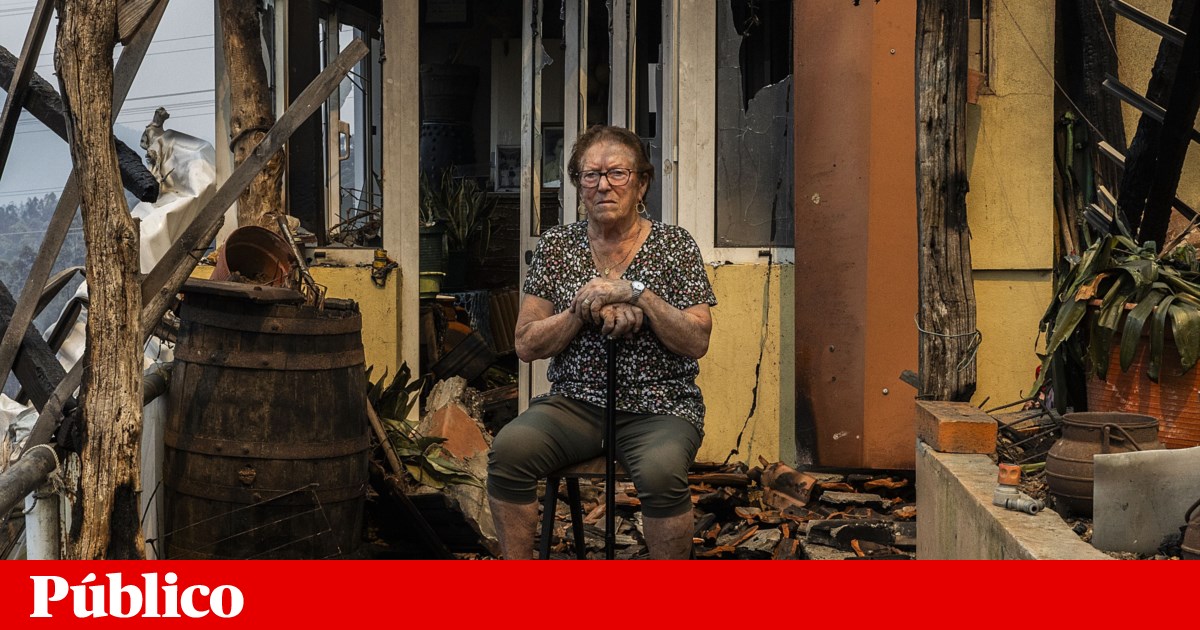
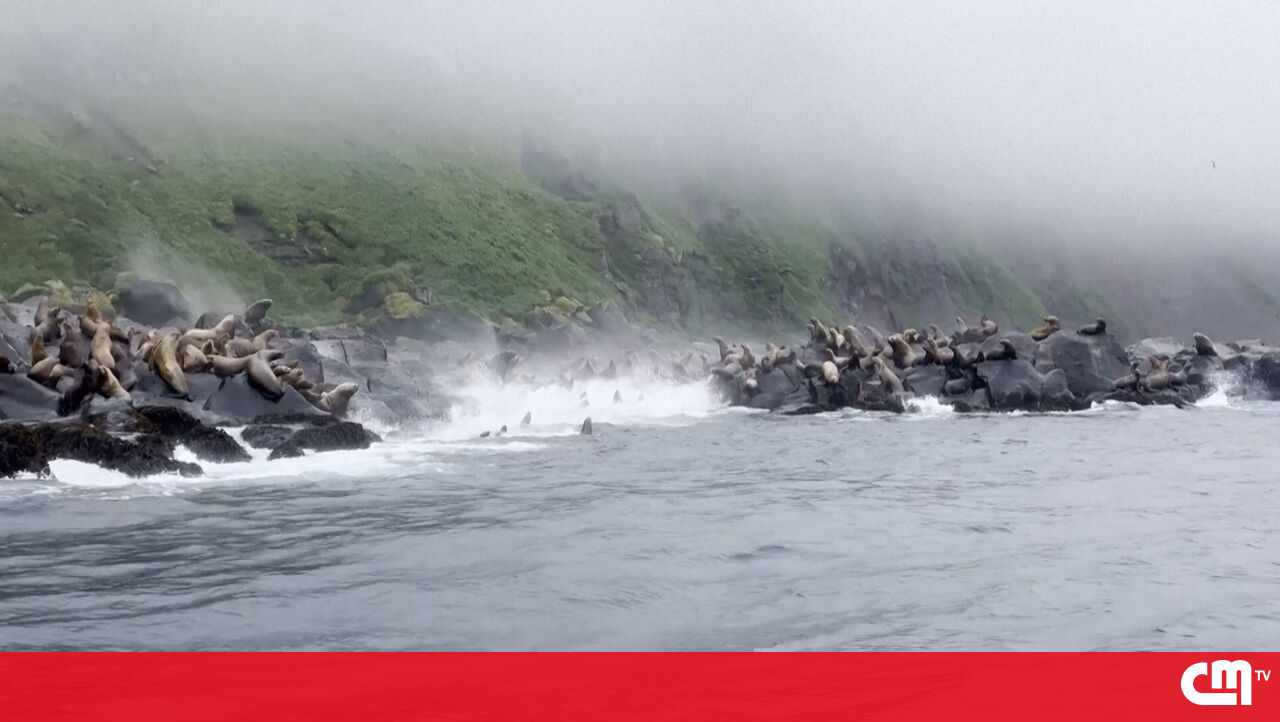
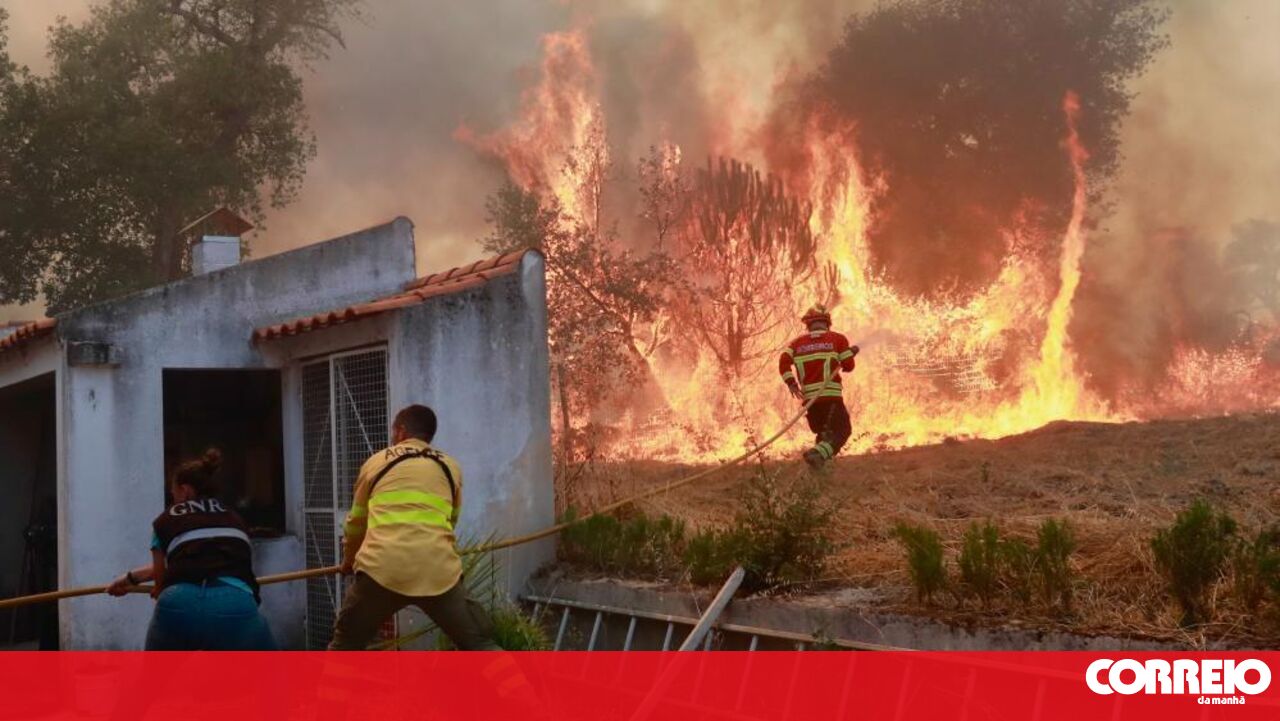


Comments
Join Our Community
Sign up to share your thoughts, engage with others, and become part of our growing community.
No comments yet
Be the first to share your thoughts and start the conversation!